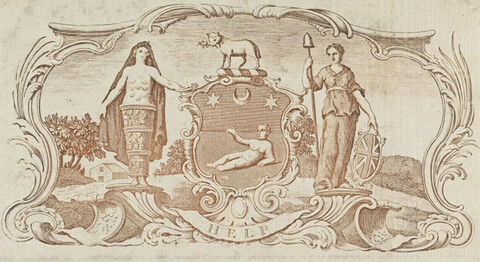
In the eighteenth century, charitable acts and societies in England and the American colonies were motivated by an understanding of moral and ethical obligations of the “better off” to do good works on behalf of the “needy.” Philanthropic organizations from this time reveal historical attitudes toward the benefit to the individual and the public of charitable activities.
This panel will explore how views on privilege, agency, status, and the responsibilities of members of society to others have evolved over time, and the ways in which certain implicit understandings of why and how people should care for others remain unchanged.
This conversation is jointly organized by the Lewis Walpole Library, Yale University, and Dwight Hall at Yale: Center for Public Service and Social Justice, in conjunction with the exhibition “Knight Errant of the Distressed: Horace Walpole and Philanthropy in Eighteenth Century London,” curated by Dr. Andrew Rudd, Senior Lecturer, English Department, University of Exeter
Guests are required to comply with the University’s Visitor Policy as stated here: https://covid19.yale.edu/visitors-policy